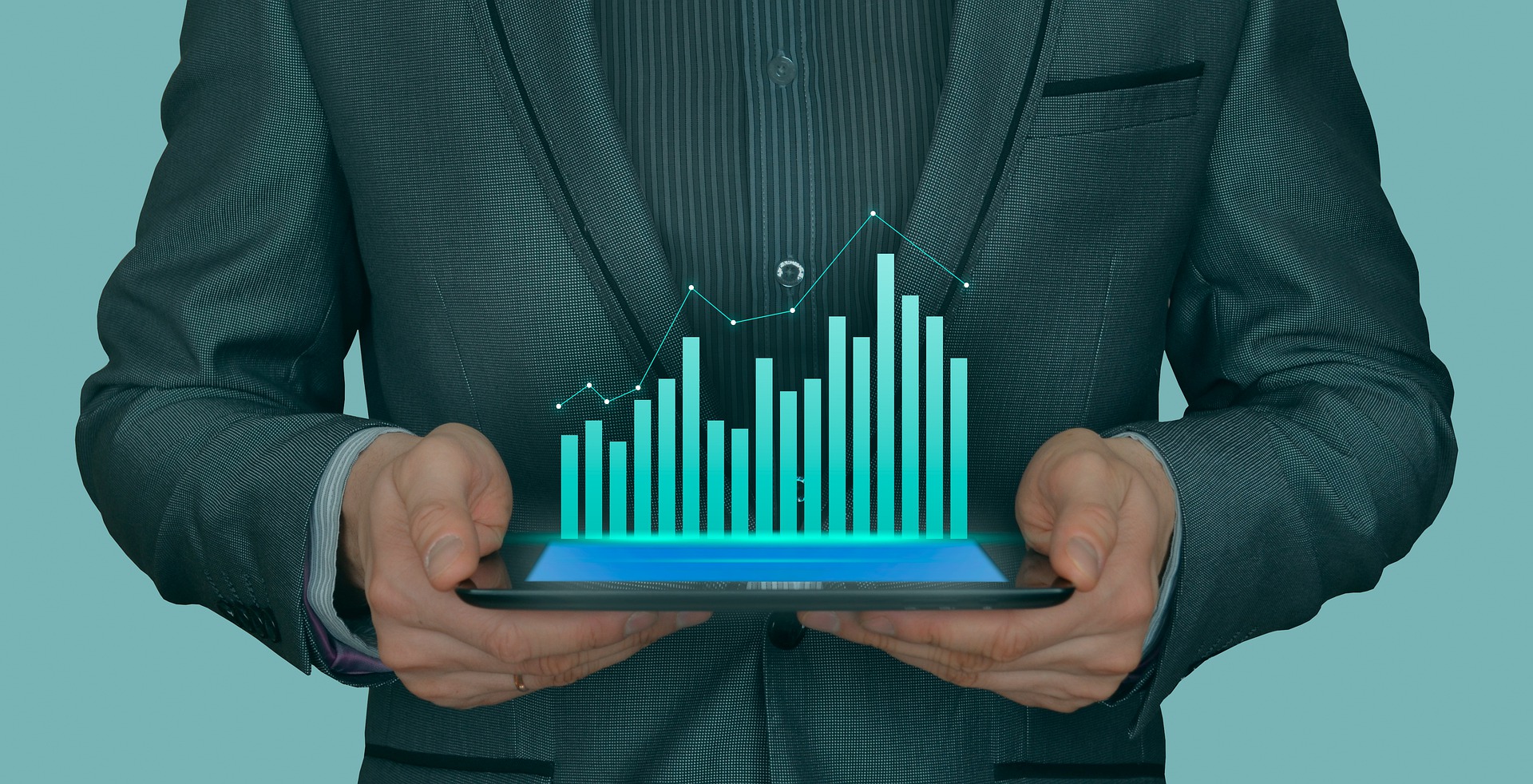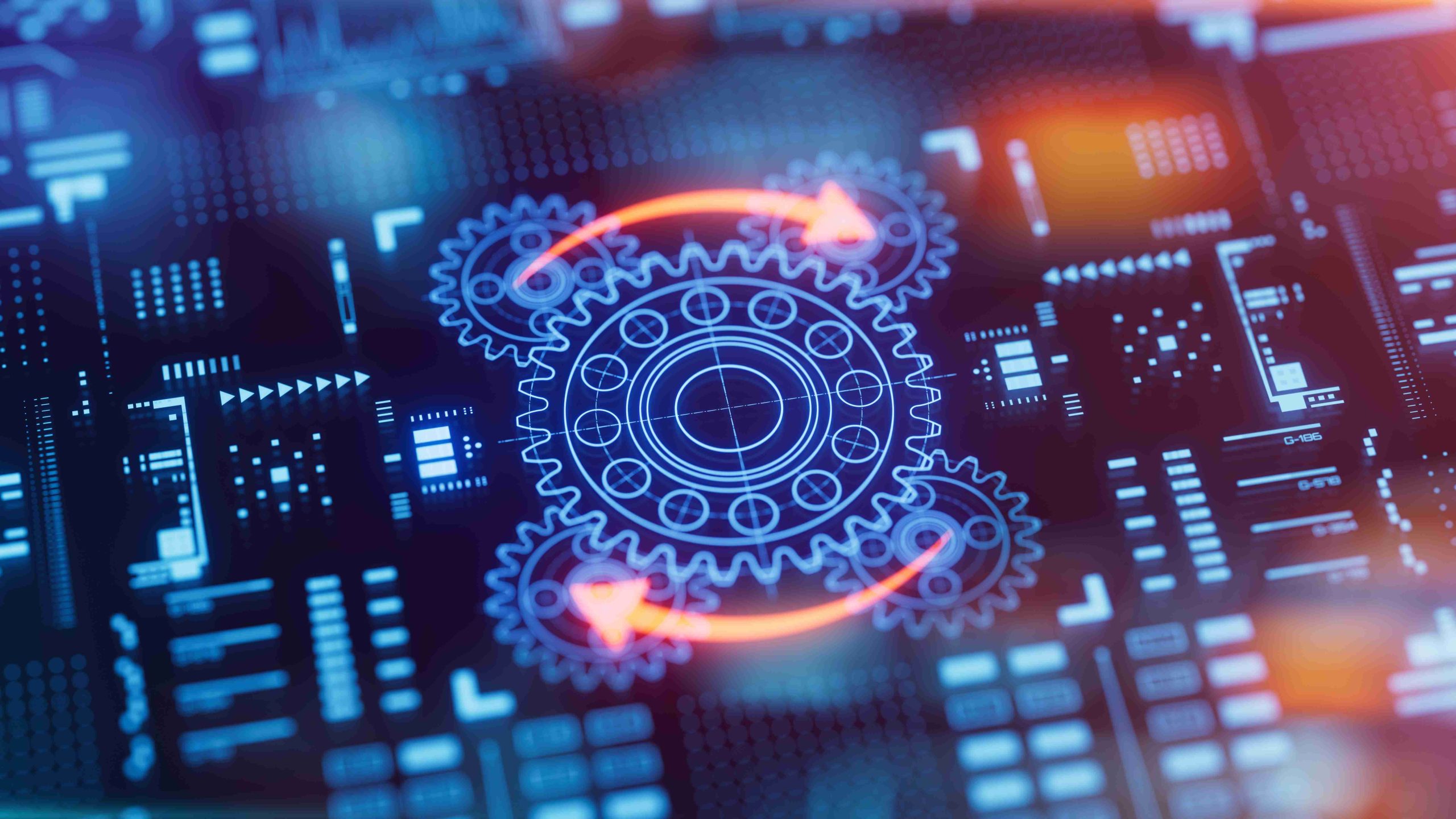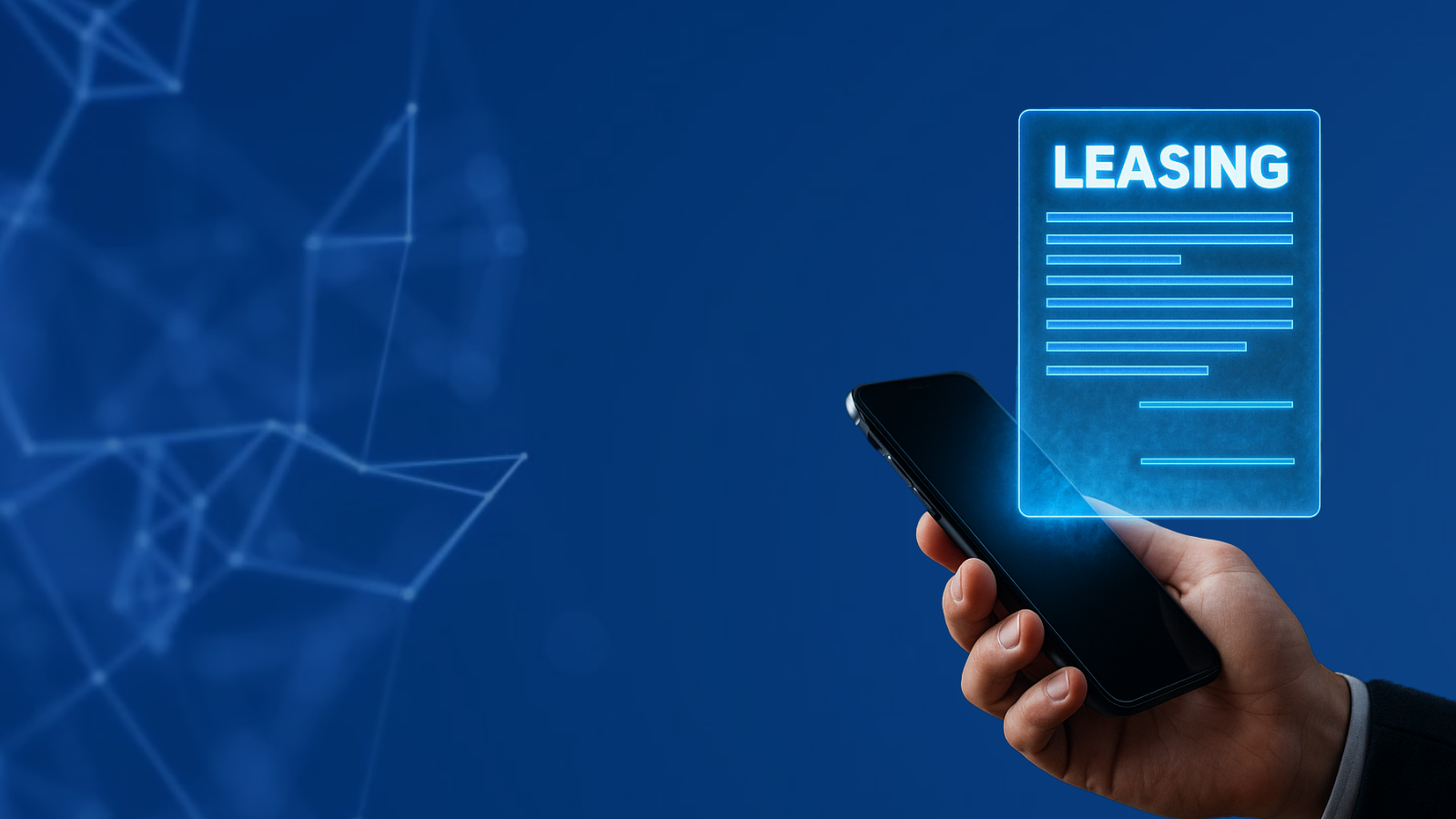Today, the Polish leasing industry is one of the most modern in Europe. In a short period of time, we have become a country which not only draws on the best practices of the global financial sector, but most of all is able to shape them and sets the course of development. The turn of the year 2021/2022 is an ideal opportunity to learn about the upcoming trends in e-leasing – what will be the driving forces in the industry this year?
The annual average growth rate of the domestic leasing sector in 1995-2021 was as high as 19%, which places Poland in a high 6th place in Europe*. The domestic leasing market is already worth over PLN 84 billion and has promising prospects for the coming years. Today, over 55% of the leasing market is occupied by micro businesses, i.e. clients with a turnover of up to PLN 5 million, the majority of which are formed of popular sole traderships*.
“The industry will definitely reach new heights. Although we are yet to summarize the results for 2021, it is already clear that this year not only represented an adjustment (-10%) for the weaker 2020, but allows us to believe that the overall trend of the industry is back on the upward track. It seems that the pervasive changes in the regulatory environment with regards to the fiscal policy will not have a substantial effect on the continued interest of clients in this form of financing, which makes it reasonable to expect a significant sales traffic,” emphasizes Paweł Krasuski, LeaseTech Executive Sales Director in Ailleron.
“Ahead of us lies another year of challenges in the field of supporting leasing companies in automating their sales and customer service processes. At Ailleron, we’re constantly working on solutions which make this possible – in the beginning of this year, we’re focusing on the Potential Customer Portal, a self-service platform that allows leasing companies to offer deals in the online channel, while providing potential customers with a fully remote financing process for their purchases,” adds Paweł Krasuski.
Poles are most likely to lease cars, although machinery (and other equipment, especially IT hardware in the era of remote work) as well as… real estate are also gaining popularity. We also lease rather unusual products that as such are not associated with leasing, like bicycles or electric scooters.
#1 e-sign, i.e. a qualified electronic signature
According to Polish law, a qualified electronic signature is equivalent to a handwritten signature, which means that it can be used when executing an agreement in paper or written form. E-signature is secure, encrypted and provides unprecedented convenience in managing documentation. When a qualified signature is used, you will see a message with data for verification in place of a potential handwritten signature. In 2022, modern e-leasing products will even more boldly take advantage of the technological benefits afforded by this technology. Future regulations in this area will also make it possible to sign lease agreements with a simple electronic signature, which will result in the service becoming much more common. Both leasing companies and IT service providers must therefore be ready to deliver this solution in an efficient manner.
#2 eKYC and eID, i.e. tools for identification
eKYC, or Electronic Know Your Customer or Electronic Know Your Client, is a technology that identifies a person through special biometric forms of data authentication. eIDs, or Electronic Identification Systems such as the mojeID service, are tools for remote identity confirmation. They can be used in online communication with public administration as well as while using commercial e-services, e.g. banking or medical. The potential of electronic identification services is enormous – eKYC and eID already are and will be even more eagerly used in the process of designing leasing services, which today must be not only convenient and intuitive, but above all secure. The eKYC processes pose many challenges for banks and institutions, but their smooth implementation will have a huge impact on speeding up customer verification and thus decreasing the number of abandoned transactions.
#3 sharing economy
Sharing resources, that is the possibility of temporary lease of unneeded items that no longer see any use, is a real hit on the market. Sharing economy is now practically everywhere: we have accommodation (Airbnb), cars (Trafficar), sales (OLX or Allegro), and even sublease and sharing of goods and services. Sharing economy is also entering the leasing industry more and more boldly – we prefer to lease than to buy. 2022 will therefore be the year of sharing, and those who plan to introduce this type of solution to their financial portfolio in the short term are bound to make a lot of money.
#4 machine learning, i.e. a few words about self-learning systems
Machine learning is a technology that is spreading very rapidly and has now reached everywhere; from search engines and e-mail spam filters to recommendation systems in streaming platforms or autocorrect in your smartphone. How does it work? Machine learning is nothing more than a part of AI (artificial intelligence) that learns by interacting with data. Most importantly, the more data an algorithm has at its disposal, the better. For this reason, Machine Learning is the domain of all companies that want to be “data-driven” and to operate with large volumes of information.
In the financial sector, machine learning is used in various types of automation, such as for customer service processes. It can be assumed that in the coming year the fintech industry will be more bold in introducing solutions based on artificial intelligence. Ultimately, in leasing, this will accelerate the processes of submitting requests and improve communication between the lessor and the lessee.
#5 cybersecurity, meaning financial products need to be secure
Nowadays, the security of IT solutions is a priority and is very important. As end customers, we pay attention to whether the products and applications that we use each day meet high standards in terms of personal data protection or transaction security. For years, the financial industry has been doing its utmost to guarantee appropriate quality to its customers – and cybercriminals have no easy life with banks, leasing companies or insurance companies. In 2022, the best financial results will be generated by products based on state-of-the-art security systems and using innovative authorization tools.
The article was prepared in partnership with Fintek.pl.
*Based on ZPL data, results for 2021.

 Polski
Polski
 Deutsch
Deutsch






